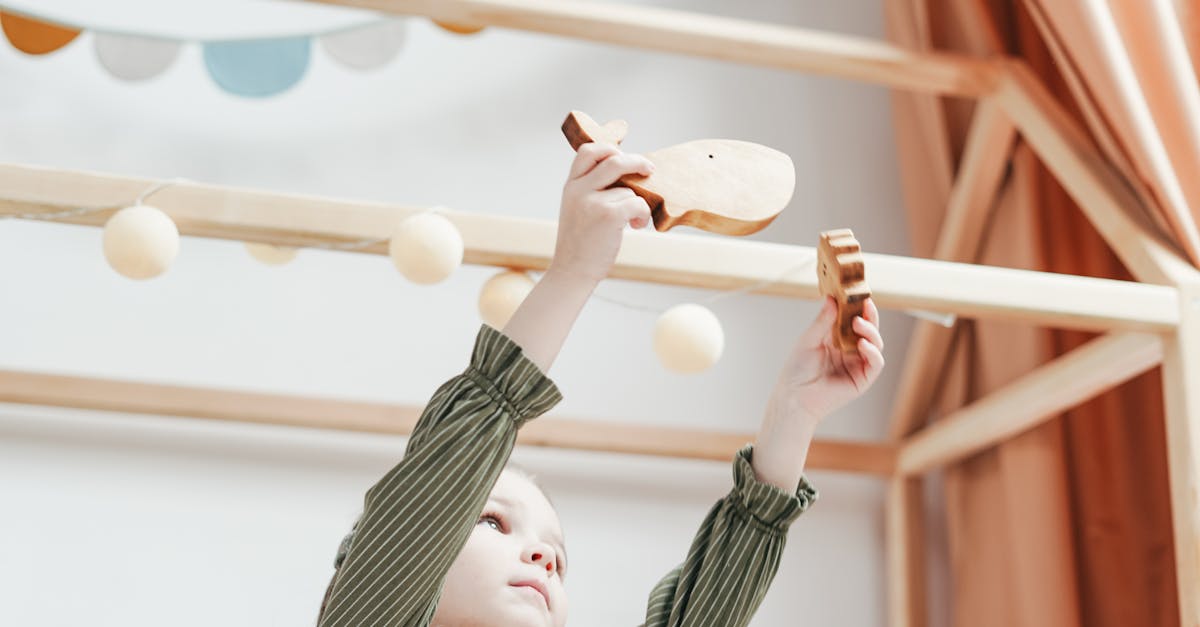Understanding Toddler Independence
Toddlers are naturally curious and eager to explore their surroundings. Fostering independence in your little one is a crucial step towards building their confidence and self-reliance. By providing opportunities for them to take the lead, you help develop essential skills that will benefit them in the long run. Understanding the importance of toddler independence and how to cultivate it can make a significant difference in your child’s development.

Setting Up Safe Exploration Zones
Creating a safe environment where toddlers can explore freely is key. Designate a specific area in your home as their exploration zone. Fill this space with age-appropriate toys and activities that stimulate their curiosity while ensuring safety. This not only encourages independent play but also nurtures their sense of discovery. Remember, a well-organized space minimizes risks and maximizes learning opportunities.

Promoting Self-Help Skills
Teaching self-help skills is an integral part of fostering independence. Toddlers can learn to dress themselves, brush their teeth, and even help with simple chores. Start with easy tasks and gradually introduce more complex ones. Celebrate their achievements with lots of praise. My little one, for example, beams with pride every time they manage to put on their shoes correctly!
 Please find the enhanced blog content above, now presented in a more structured and visually appealing HTML format.
Please find the enhanced blog content above, now presented in a more structured and visually appealing HTML format.
Encouraging Decision-Making
Encouraging your toddler to make choices helps build decision-making skills. Offer simple options, like asking if they want to wear the red or blue shirt. This not only empowers them but also gives them a sense of control over their environment. Be sure to guide them gently if they struggle with making decisions. It’s all part of the learning process!

Managing Emotional Challenges
Toddlers often face emotional challenges when striving for independence. They can become frustrated when they can’t do something on their own. It’s crucial to be patient and provide reassurance.
Share your own stories – when I was a child, I struggled with tying my shoelaces and would often get upset. Knowing that overcoming these hurdles is part of growing up can be comforting.

Using Play to Teach Independence
Play is an excellent way to teach independence. Engage in activities that require problem-solving or creativity – building blocks, puzzles, or pretend play are fantastic choices. During playtime, let your toddler lead and make decisions. This not only fosters independence but also enhances their cognitive and social skills. And trust me, seeing their eyes light up with each new discovery is priceless!
Balancing Guidance and Freedom
Striking the right balance between guidance and freedom is essential. Provide enough support to ensure they don’t feel overwhelmed, but also give them space to try things on their own. It’s similar to walking a tightrope – too much intervention can hinder their independence, while too little can leave them feeling lost. Pay attention to their cues and adjust your approach accordingly.

Remember, finding the equilibrium between offering assistance and allowing autonomy is crucial in fostering growth and independence in individuals.
